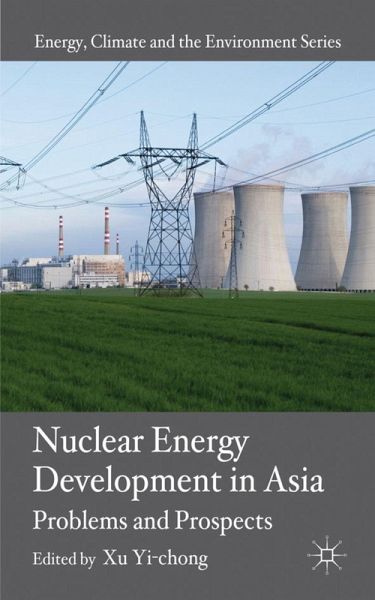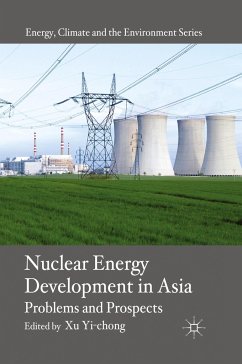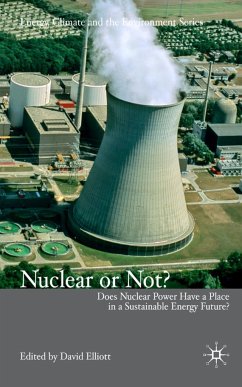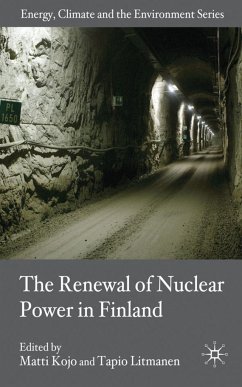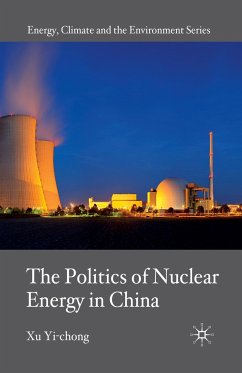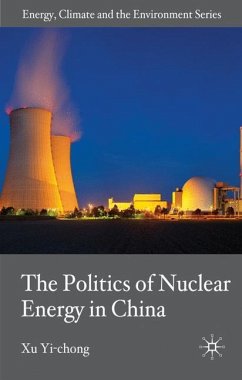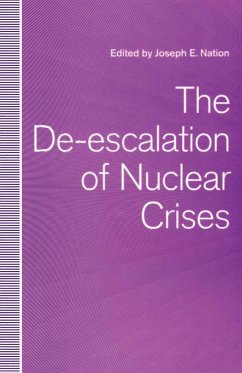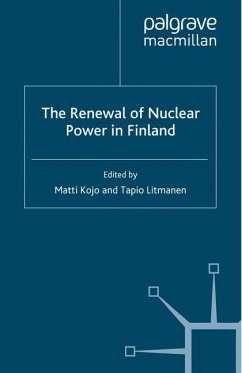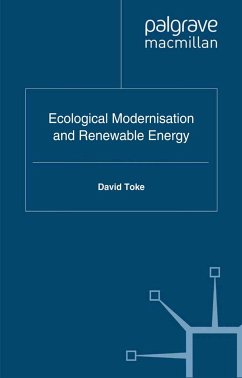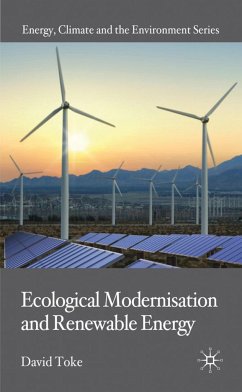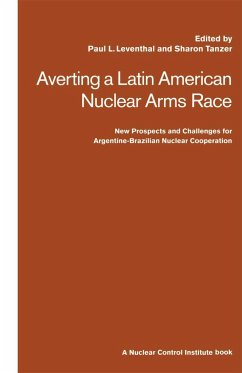JEFF GRAHAM, Lecturer at the Department of International Business and Asian Studies, Griffith University, Australia. STUART HARRIS, Emeritus Professor, Department of International Relations, School of International, Political & Strategic Studies, Australian National University. PER HÖGSELIUS, Division of History of Sciences and Technology, Royal Institute of Technology, Sweden. TOSHIHIKO NAKATA, Professor, Graduate School of Engineering, Tohoku University Aoba-Yama Sendai, Japan. LAVINA LEE, Lecturer at the Department of Politics and International Relations, Macquarie University, Sydney, Australia. MIN LEE, Professor, Department of Engineering and System Science, College of Nuclear Science, National Tsing Hua University, Taiwan. SANG DONGLI, Associate Professor, School of Law, Zhengzhou University, China. MAENG-HO YANG, Korean Atomic Energy Research Institute (KAERI), South Korea. XU YI-CHONG, Research Professor of Politics and Public Policy at Griffith University, Australia.
